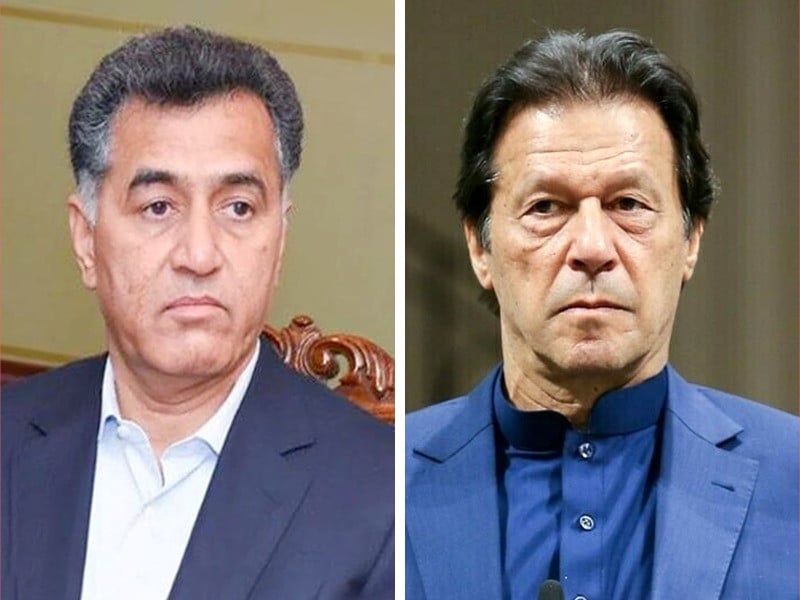General (retd) Faiz Hameed was regarded as a close aide to former prime minister Imran Khan as the latter appointed the former head of ISI during his tenure. The ISI chief is generally considered the second most powerful military officer in Pakistan after the head of the army.
Before his appointment as Bahawalpur corps commander, Hameed held the same position in Peshawar. Throughout the last decade, he has been a contentious figure in Pakistan’s political scene.
Hameed first drew widespread public attention in November 2017 when he played a pivotal role in ending the Faizabad sit-in led by Tehreek-i-Labbaik Pakistan through a negotiated agreement.
This event led to the Supreme Court’s suo motu notice in February 2019, directing the ISI and Inter-Services Public Relations to operate strictly within their respective mandates.
Hameed served as DG ISI from 2019 to 2021 and came into the global spotlight when he was filmed drinking tea in the lobby of a Kabul hotel shortly after the Taliban had taken over Afghanistan, following the pullout of the US and other Western forces in 2021.
Hameed’s tenure followed the abrupt removal of then-ISI chief and current Army chief, General Asim Munir, reportedly because he presented evidence alleging that Khan’s wife, Bushra Bibi, and close aide, Farah Gogi, were involved in corruption.
It was speculated and widely reported that Imran wanted to appoint Hameed the next Army chief after General (retd) Qamar Javed Bajwa’s retirement in November of 2022. He was one of the six generals whose names were forwarded by GHQ to Prime Minister Shehbaz Sharif for consideration for the top military position in 2022.
Khan, who was ousted from office through a vote of no-confidence in April of 2022, claimed that his removal was orchestrated by the military, which the military has denied.
He went on to wage a campaign of defiance against the military and his arrest in May of 2023 for graft sparked nationwide protests which turned violent and saw unprecedented anger directed at army installations.
It was met with a sweeping crackdown against his party, which went on to win the most seats in February’s general elections despite being forced to run as independent candidates.

